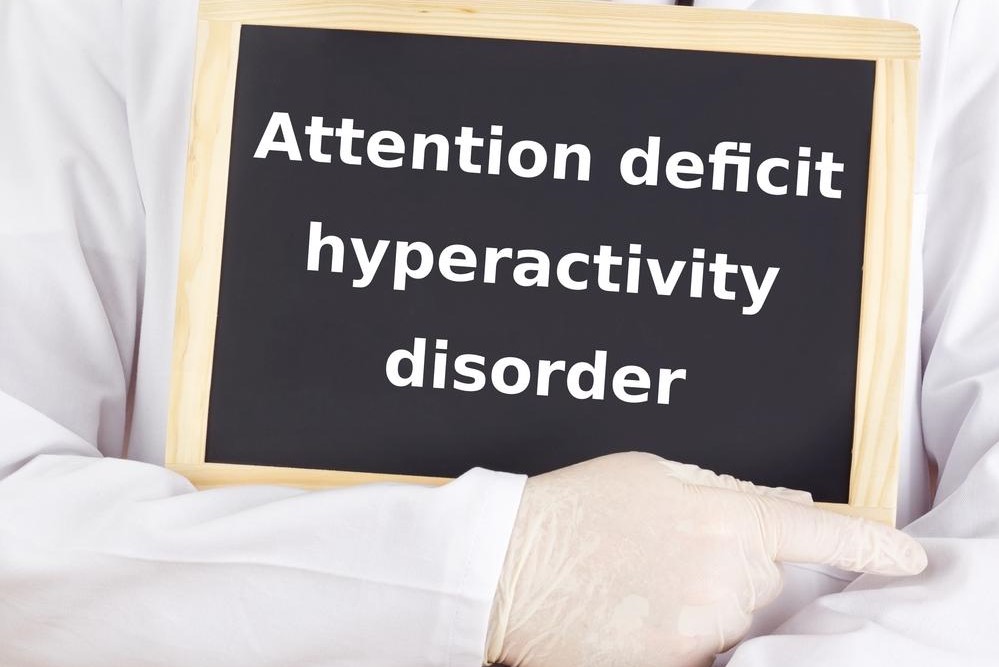Essential Guide to Bacterial Meningitis: Symptoms, Causes, and Treatment
Bacterial meningitis remains a critical health concern worldwide, caused by various bacteria and presenting with symptoms like fever and neck stiffness. Early diagnosis and prompt antibiotic therapy are essential for effective management. Vaccination efforts have helped reduce its prevalence, though challenges remain. Understanding the causes, symptoms, and treatment options can save lives and improve recovery prospects.

Bacterial meningitis is a severe infection that impacts the protective membranes of the brain and spinal cord, posing life-threatening risks if not treated promptly. Without intervention, the condition can be fatal, but antibiotics and medical care significantly improve survival rates. In recent years, vaccination campaigns have altered the disease's prevalence, especially among adults in vaccinated populations. Key bacteria involved include Streptococcus pneumoniae, Neisseria meningitidis, Haemophilus influenzae, Group B Streptococcus, and Listeria monocytogenes. Symptoms such as fever, headache, neck stiffness, seizures, and consciousness changes require immediate medical assessment. Diagnosis primarily involves cerebrospinal fluid testing, and early antimicrobial treatment with agents like cephalosporins is vital for favorable outcomes.


